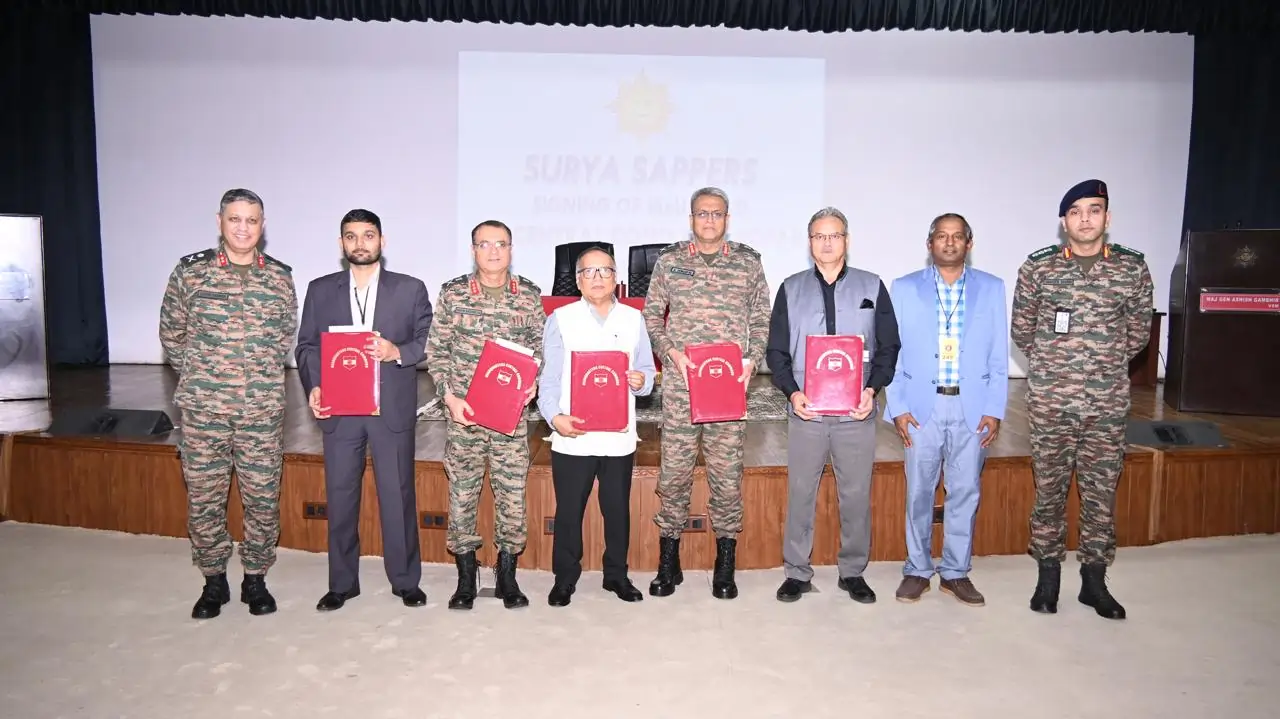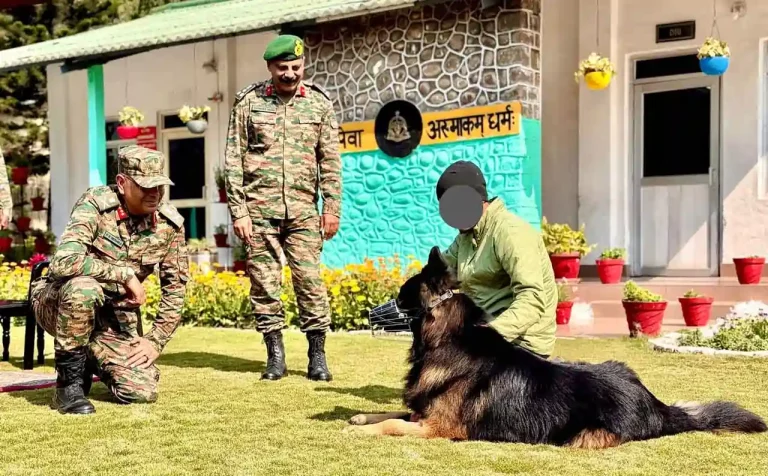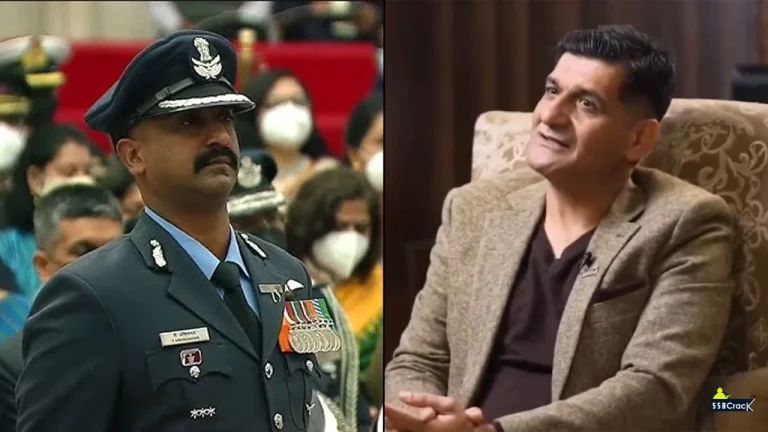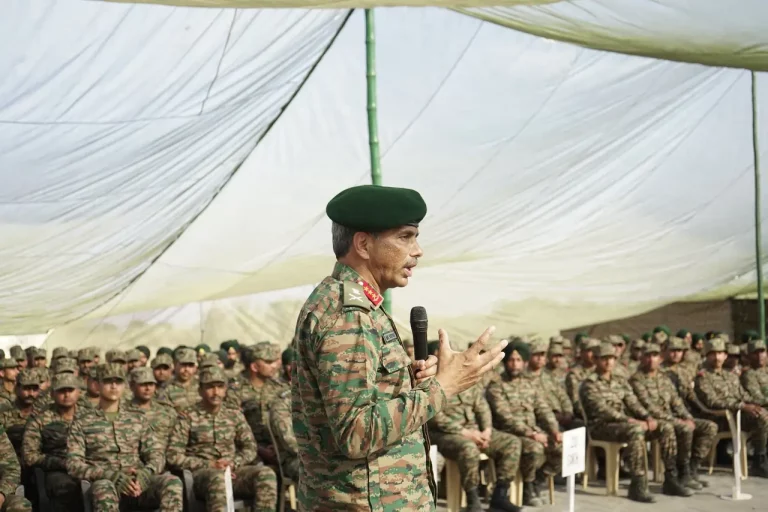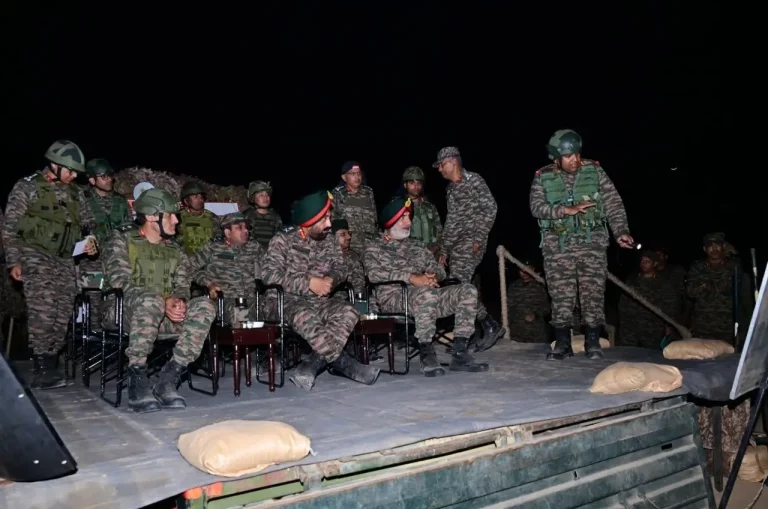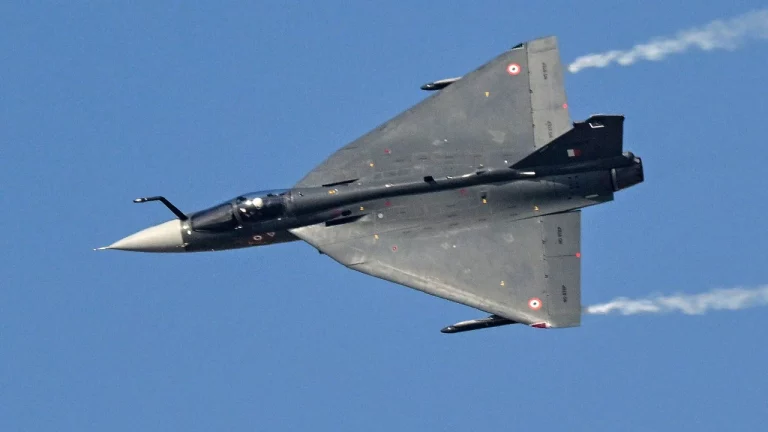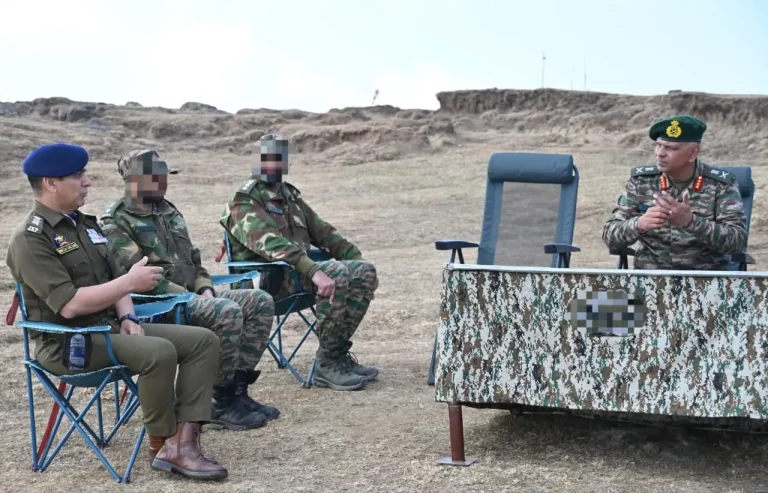In a significant advancement for military self-reliance, the Central Command of the Indian Army has forged a partnership with the Indian Institute of Technology (IIT) Ropar. This Memorandum of Understanding (MoU) was signed under the leadership of Lt Gen Anindya Sengupta, General Officer Commanding-in-Chief of Central Command. The objective of this agreement is to spearhead indigenous innovation in operational engineering.
The collaborative efforts will be directed towards the design and development of multi-weather resilient precast habitats, 3D pod modular constructions, and lightweight structures specifically designed for troops operating in extreme and avalanche-prone terrains. This is a strategic move to address the pressing challenges posed by operational conditions in high-altitude areas, most notably in regions like Ladakh. According to the Indian Meteorological Department, avalanche risks in these areas have surged by 20% over the past decade.
Highlighting the importance of this initiative, Lt Gen Sengupta, who received the Uttam Yudh Seva Medal in 2023 for his exemplary leadership of the XIV Corps in the Northern Theatre, emphasized the Army’s commitment to reducing logistical burdens and expediting construction timelines through this collaboration.
This MoU aligns closely with the government’s Atmanirbhar Bharat initiative, which aims to bolster self-reliance across various sectors. Recent reports from the Ministry of Defence indicate a 25% increase in funding for defense research and development, bringing the total to $1.5 billion projected for 2025.
Experts in the field view this collaboration as a potential benchmark for enhancing civil-military synergy in India, contrasting with challenges faced globally where such efforts are often slowed by bureaucratic processes. A study conducted by the RAND Corporation found that greater self-reliance in military technology could reduce supply chain costs by as much as 15%, emphasizing the strategic implications of this partnership.
Through this collaboration with IIT Ropar, the Indian Army aims to deliver scalable, sustainable, and soldier-focused infrastructure solutions, paving the way for next-generation battlefield preparedness. Officials have also indicated that the partnership may eventually encompass advancements such as AI-driven engineering, drone-assisted construction, and the use of eco-friendly materials, fundamentally transforming the Army’s building practices in hostile environments.
